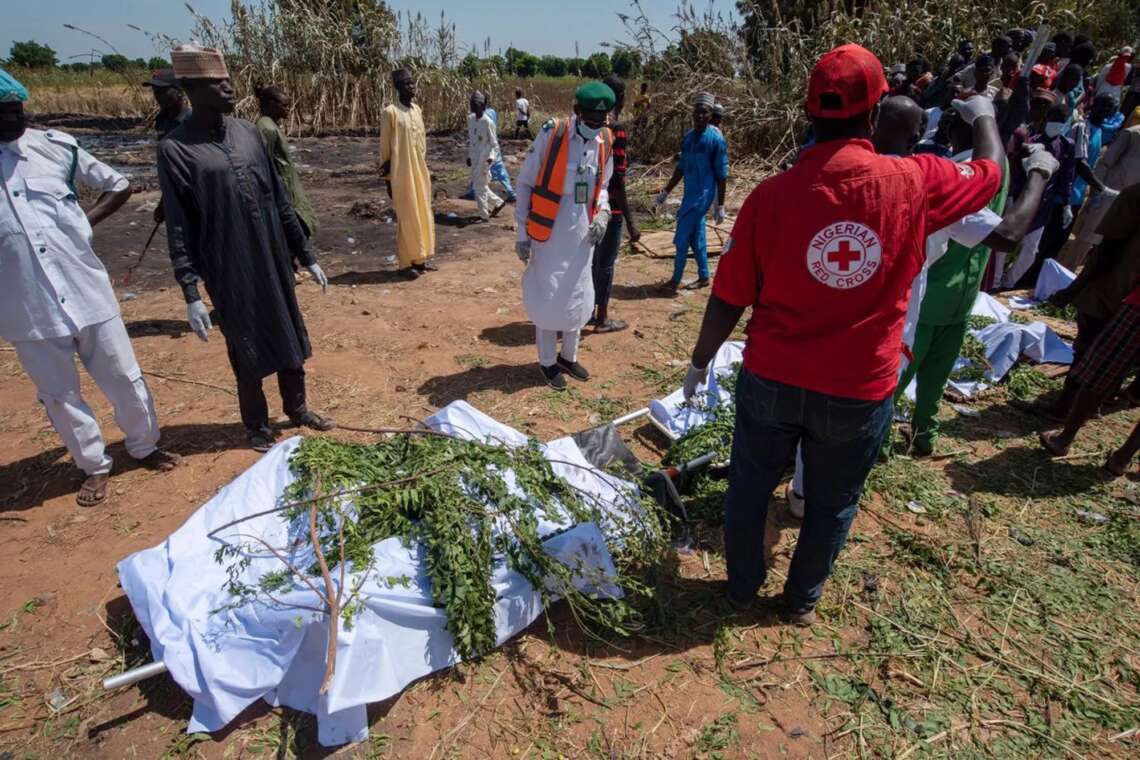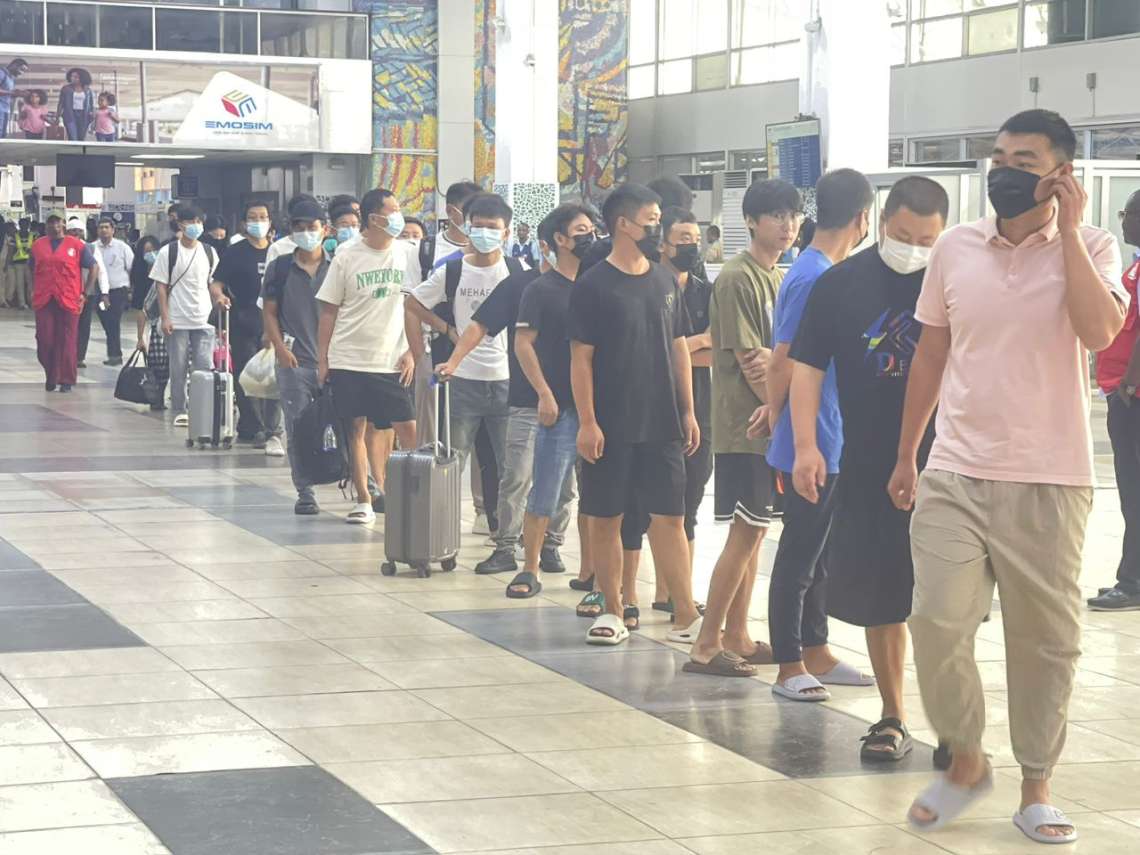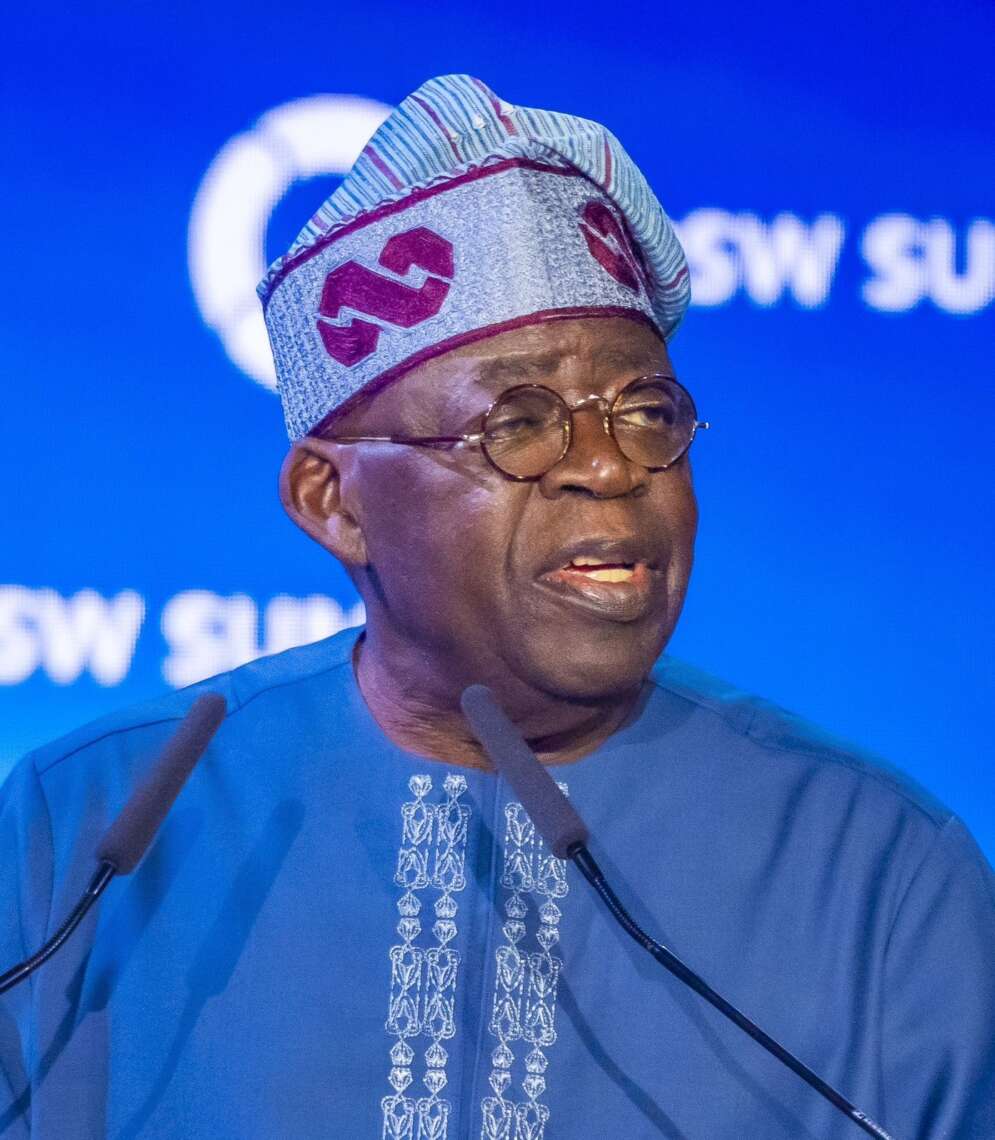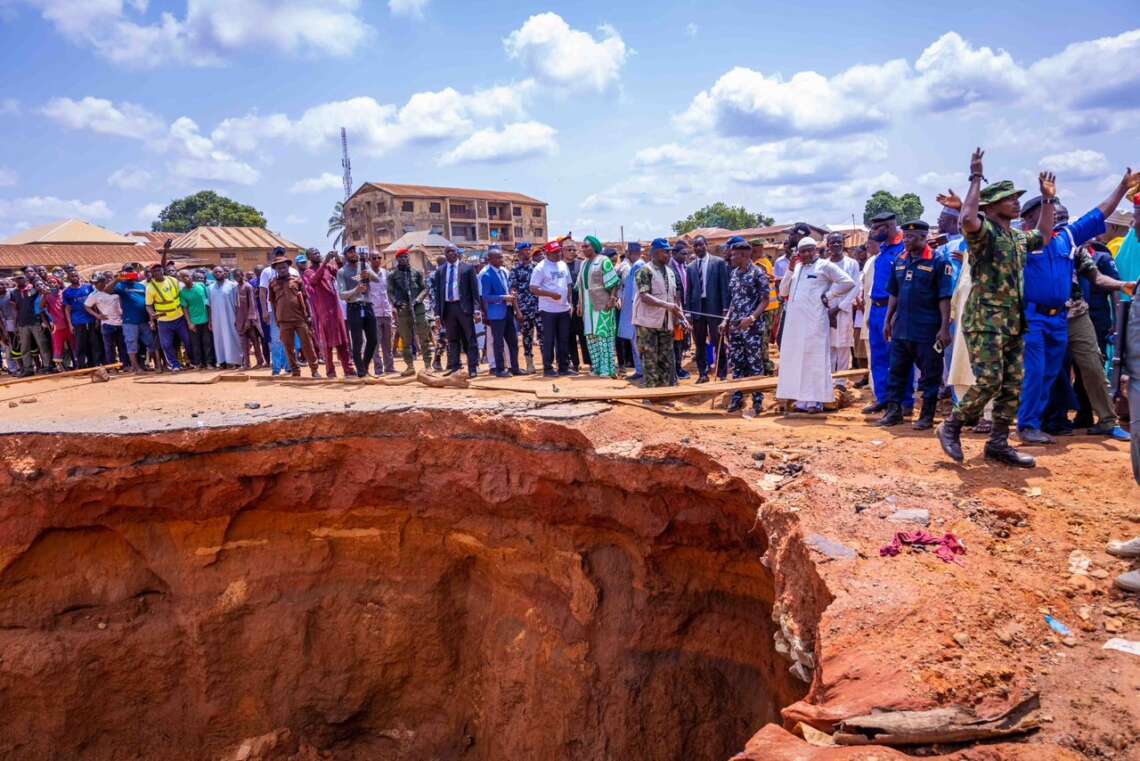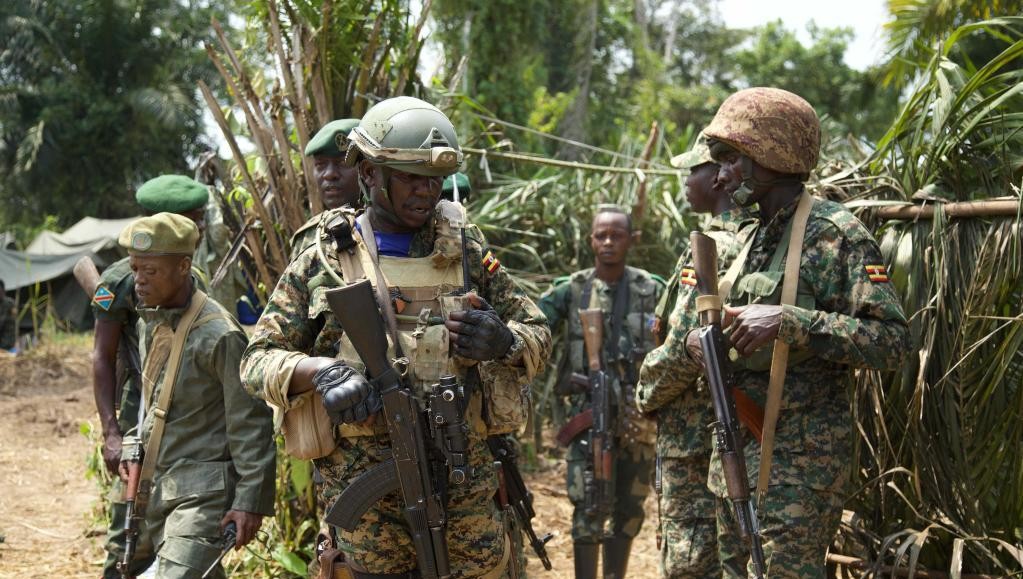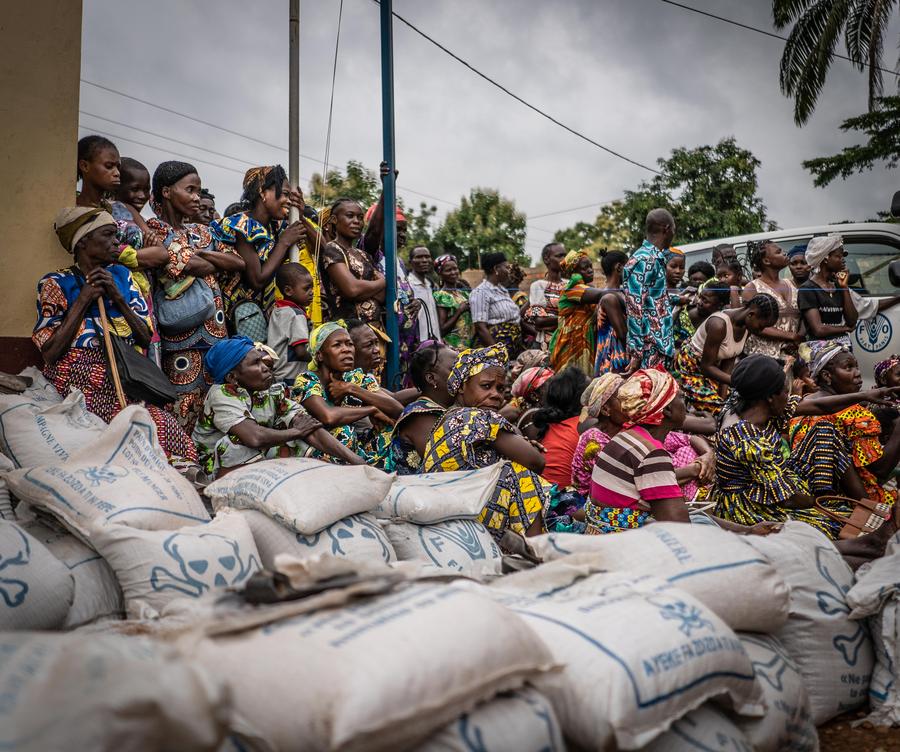The demonstration took place on International Quds Day, which is held on the last Friday of the Muslim holy month of Ramadan in solidarity with Palestinians worldwide
Soldiers and members of a Shiite Muslim group clashed in Nigeria’s capital Abuja, killing six people, police said Saturday.
One security force and five members of the Islamic Movement of Nigeria were killed in the violence Friday, a police spokesperson said.
Members of the religious group were marching in solidarity with Palestinians in their conflict with Israel. The demonstration took place on International Quds Day, which is held on the last Friday of the Muslim holy month of Ramadan in solidarity with Palestinians worldwide.
It is common for the Islamic Movement of Nigeria to embark on demonstrations that often turn violent, leading to loss of life and property. Demonstrations by the group were intense in 2015 after the military cracked down on the group and had its leader, Ibraheem El-Zakzaky, arrested.
Despite his release, the group has continued to embark on demonstrations nationwide.
The Islamic Movement of Nigeria is a Shiite sect that represents around 5 per cent of Nigeria’s 100 million Muslims, most of whom are Sunni. Its creation was inspired by the Islamic Revolution in Iran with the goal of forming an Islamic State in Nigeria through peaceful means. However, the Nigerian government banned the group in 2019 following deadly protests and alleged extremist ties.
Sidi Munir Sokoto, a spokesperson of the group, said they marched peacefully and did not do anything to warrant an alleged attack on their procession by the army which led to the death of five of its members.
“This incident is the latest in a series of similar events, where security forces have been abusing their power by targeting innocent civilians who are exercising their legal rights,” Sokoto said in a statement.
However, the police said members of the group were armed with firearms, short swords and catapults and upon responding to a distress call they came under “intense gunfire” that led to “serious injury” of three security forces and the death of another.
Nineteen people were arrested in connection with the incident, Josephine Adeh, spokesperson for the police in Abuja, said. “Investigations are ongoing to ensure that all perpetrators are brought to justice,” she said.
Rights group Amnesty International accused the Nigerian military of using tactics designed to kill when dealing with gatherings of the group.
Firearms should never be used as a tactical tool for managing demonstrations, and Nigerian authorities are obligated under international law to conduct a full, independent investigation into the deaths, the rights group said.
The Islamic police in the northern Nigerian state of Kano have arrested Muslims seen eating and drinking publicly, as well as those selling food at the start of Ramadan, when Muslims are supposed to fast from dawn until dusk.
The deputy commander of the Hisbah, Mujahid Aminudeen, told the BBC that 20 people had been arrested for not fasting and five for selling food, and that the operations would continue throughout the month, which began on Saturday.
“It is important to note that we don’t concern ourselves with non-Muslims,” he said. Aminudeen said any “disrespect” for Ramadan would not be condoned.
“It’s heart-breaking that in such a holy month meant for fasting, adult Muslims would be seen eating and drinking publicly. We won’t condone that and that’s why we went out to make arrests,” he said.
He said all 25 had been charged in a Sharia court and would be punished accordingly. The Hisbah official added that they sometimes get tip-offs when people are seen eating.
“We do get calls from people who are enraged after seeing people eating in public and we act fast by going to the area to make arrests.” He also confirmed the arrest of other people who were seen with “inappropriate haircuts”, wearing shorts above the knee and tricycle drivers mixing male and female passengers.
Last year, those arrested for not fasting were freed after promising to fast, while the relatives or guardians of some of them were summoned and ordered to monitor them to make sure they fast.
Those arrested this year were not so lucky as they will have to face the court. Just over two decades ago, Sharia, or Islamic law, was introduced to work alongside secular law in 12 of Nigeria’s northern states that have a majority Muslim population. Sharia does not apply to the Christian minorities living in the states.
Ramadan, the ninth month of the Islamic calendar, has a special significance in Islam. It is during this month that Muslims believe the first verses of the Quran – Islam’s holy book – were revealed to Prophet Muhammad.
Fasting is one of the Five Pillars of Islam, which lay the basis for how Muslims are required to live their lives. The fast is observed during daylight hours. Ramadan usually last 29 or 30 days, and is expected to end on Sunday 30 March.


